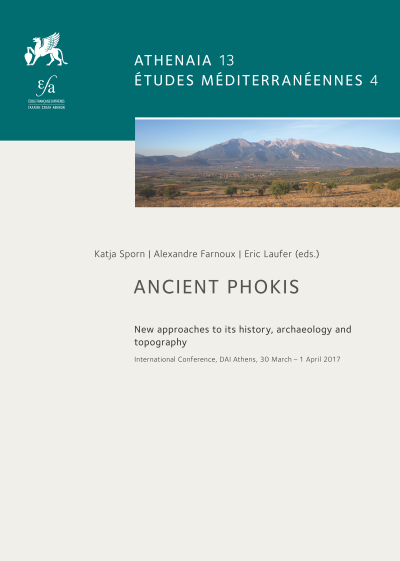Borders and identity in ancient Phocis: some reflections
https://doi.org/10.34780/2a3m-mv26
List of Contributors
- Giovanna Daverio Rocchi [Author]
Synopsis
Abstract In ancient Phocis, the notion of the border contributed to the formation, articulation, and valorisation of collective identities, both local and national. It was a structural condition which concerned the land, the history of the people, the political and military events, and the cult, and it performed significant functions in the negotiation of the Phocian identity paradigm. Borderlines and borderlands were forged at practical and symbolic levels. There is evidence to suggest that the Phocian border constitutes the setting for places and events that must be understood in the light of gender identity. The mythistorical tradition of women who, individually and collectively, bound their lives to special situations and rituals, shaped spaces where the mediation of female roles qualified the Phocian region as a gender frontier, giving insight into a religious Phocis whose borders did not match the political boundaries exactly.
Keywords borderland, gender identity, Phocis, Delphi, Panopeus




